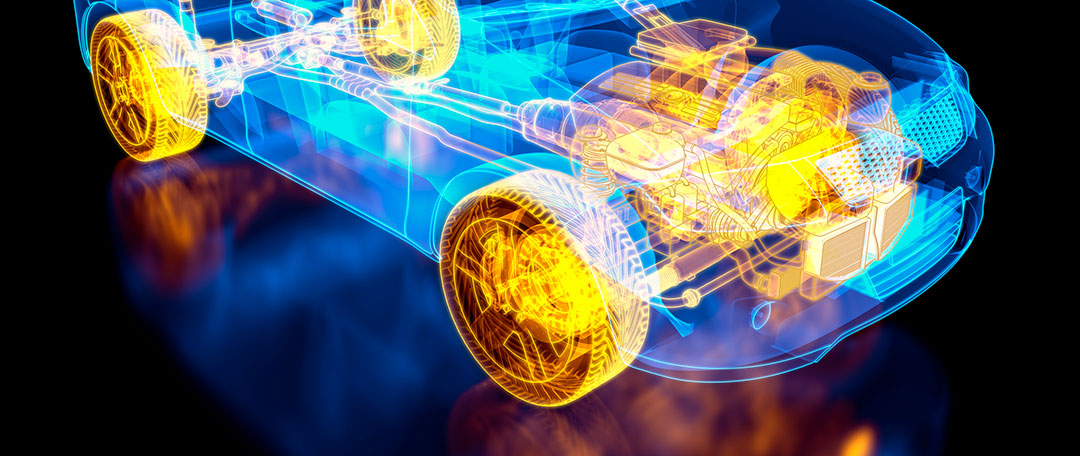The Research Institute of Automotive Engineering and Vehicle Engines Stuttgart (FKFS) is conducting ongoing research into high compression engines that could revolutionise combustion systems.
The institute is an independent organisation providing R&D support for the international automotive industry.
Working in partnership with the University of Stuttgart, FKFS is one of a number of research organisations worldwide looking into the future of combustion power. Experts at MIT, CONCAWE, Mahle and EUCAR are all exploring new engine technology and ways to increase the efficiency of propulsion systems.
By raising the octane level of fuel, petrol blended with fuel ethers helps prevent early combustion
The demands placed on modern fuels are becoming greater as engine technology advances. Higher compression engines, such as Mazda’s SkyActiv-X, offer smaller engine sizes and greater fuel efficiency, but to reach their potential they require a higher compression ratio and higher quality fuel formulations.
This is where fuel ethers can make a real difference. By raising the octane level of fuel, petrol blended with fuel ethers helps prevent early combustion.
Optimising this combustion process is key to FKFS’s work in this area. Using extensive simulations across the entire spectrum of petrol engines, researchers are improving processes to ensure the most efficient combustion systems possible.
The institute is also committed to reducing the environmental impact of automotive vehicles through the use of alternative fuels. Fuel ethers provide a way to reduce toxic exhaust emissions and produce less CO2 compared to non-oxygenated fuel blends.
Internal combustion-based automotive systems need to become more efficient and less harmful to the environment. For this to happen a corresponding improvement in the performance and efficiency of the fuels they run on is necessary. Fuel ethers offer an ideal solution for both improving the performance of existing car models and helping drive the next wave of combustion engine innovation.
